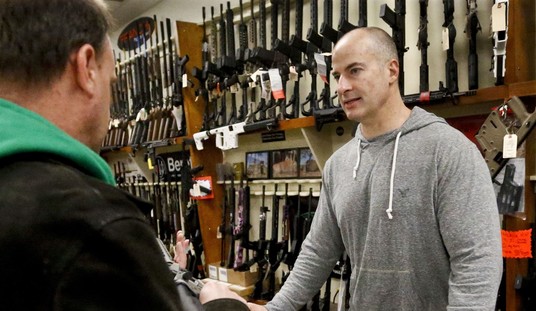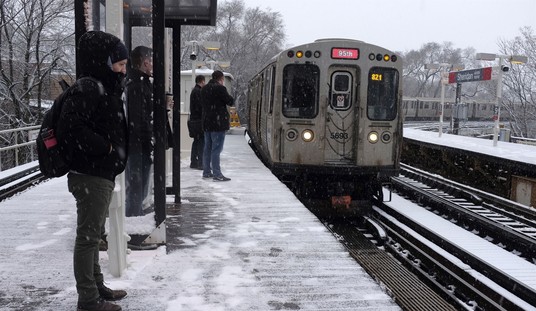Photo via Pixabay
The headline is bound to elicit some response. Anti-gunners are likely to share it all over social media, ready to claim that it’s somehow proof that we need more gun control throughout the nation.
“Study: Stricter State Gun Laws Linked to Safer High Schools,” it reads, and since most people these days only read the headline, it’s bound to spin up the anti-gunners.
However, the study isn’t quite the slam dunk anti-gunners would like to believe.
In a report published Thursday in the Journal of Epidemiology and Community Health, researchers found that strengthening gun laws at the state level was associated with teens being less likely to report being threatened or injured with a weapon at school, or missing school because they felt unsafe. Stricter gun laws were also linked less incidences of students carrying a weapon anywhere.
The researchers used data from the Centers for Disease Control and Prevention’s Youth Risk Behavior Surveillance System, which has surveyed high school students every two years since 1991, asking nearly a million young people in 45 states about weapons-related behaviors, among other things. Students self-reported on their experiences carrying weapons at school, the number of times they were threatened or injured related to weapons, the number of school days they missed because they felt unsafe and weapon-carrying in general.
There are problems with studies like this. For one thing, self-reported surveys often have issues due to the difference in understandings by the survey subjects.
For example, one student may say they weren’t threatened with a gun because they never saw a gun. Another, who was part of the same incident, may say they were because someone threatened to shoot them. The subjective nature of these surveys often tends to make them unreliable for scientific purposes.
Another issue, however, is just where were these students surveyed. Inner city Atlanta is likely to be more dangerous than the Chicago suburbs, after all. Sure, the CDC asks this question an awful lot, but without knowing specifically where students were surveyed, how they were selected, and what kind of efforts were undertaken to ensure an accurate picture was attained, we can’t just accept that this study tells us everything.
Even then, what the study found wasn’t as significant as the headline would suggest.
Controlling for individual and state characteristics including age, sex and race, unemployment rates and crime rates, the researchers found that stronger state gun control policies were associated with a 1.9 percentage point decrease in the probability that a teen carried a weapon at any location – which 16 percent of teens overall reported doing. They also found a 1.1 percentage point dip in the probability that a student skipped school because they felt unsafe. Stricter laws were also linked with a 0.8 percentage point decrease in the probability of being threatened or injured with a weapon at school, which 7 percent of high schoolers overall reportedly experienced.
That’s right. When everything was supposedly controlled for, they found a whopping difference of less than two percent. Further, this is a self-reported survey, so how many of those claiming to have carried guns really did? How many have made being “hard” such a part of their identity that they’ll lie on a survey?
More than many think, actually.
But even if we take the numbers at face value, what we see is a minuscule difference between pro-gun and anti-gun states.
Further, feelings of safety–a key part of the findings–often has little to do with actual safety. Someone who is picked on a great deal and fears being assaulted by bullies isn’t necessarily going to be assaulted. The same is true of the kid who may think some thug is going to shoot him.
While I’d like for all of our kids to feel safe at school, that’s not remotely possible. The reason is that feelings are internal. You can’t make someone feel safe all the time.
Frankly, having looked at this “study,” I can’t help but think the only reason this is getting any attention at all is that it advances an anti-gun narrative.








Join the conversation as a VIP Member